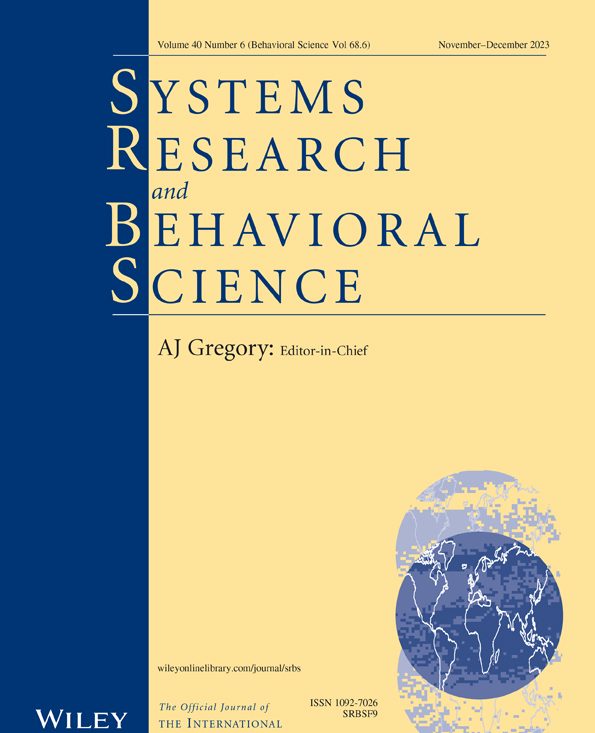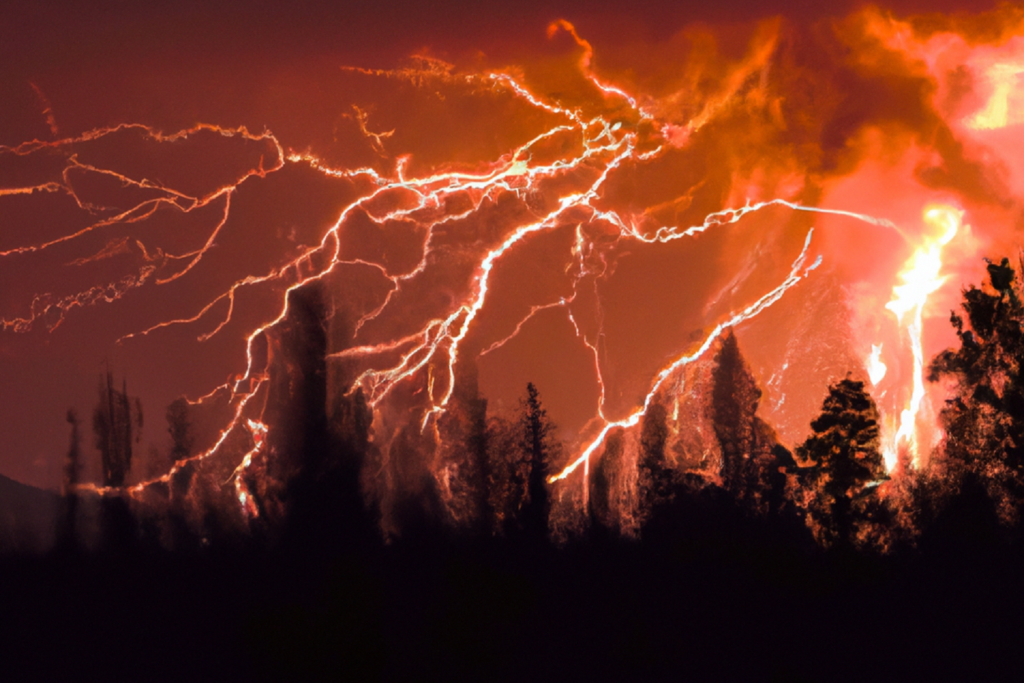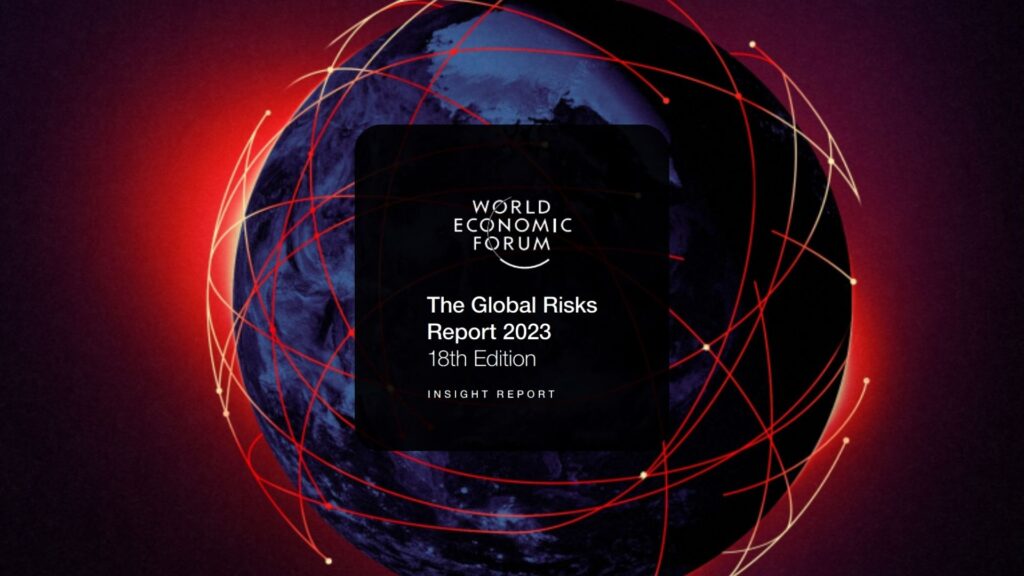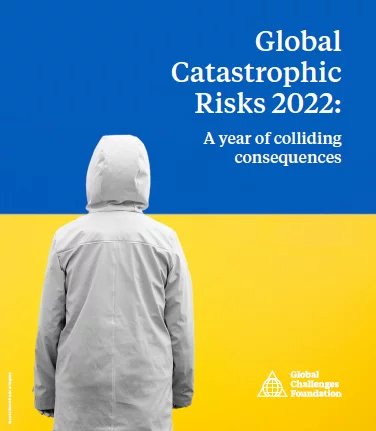Evolution of the Polycrisis: Anthropocene Traps that Challenge Global Sustainability
In this article, the authors, inspired by the polycrisis, identify and explore potential 14 traps affecting humanity in the global human context, brought about by the trajectory of our increasing complexity and influence on the Earth system. These traps are then categorized as global, technological, or structural traps and then further assessed to produce statistical […]
Evolution of the Polycrisis: Anthropocene Traps that Challenge Global Sustainability Read More »









